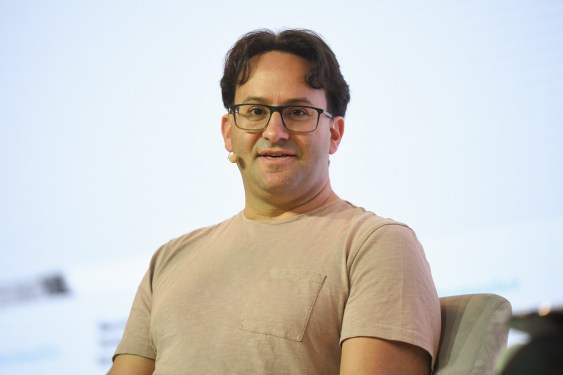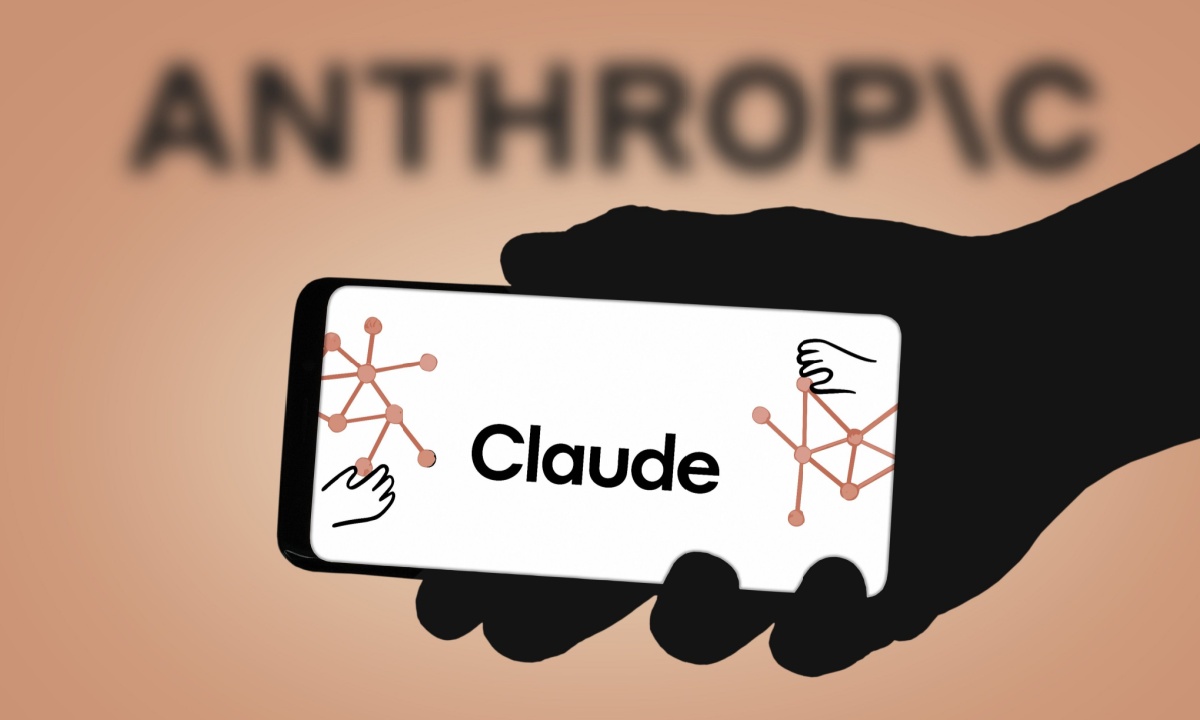Anthropic’s AI Strategy Shifts Amid Competition and Cuts Ties with Windsurf

In a notable shift within the AI landscape, Anthropic co-founder and Chief Science Officer Jared Kaplan clarified that his firm has decided to restrict Windsurf’s access to its Claude AI models. This decision comes amidst swirling rumors that OpenAI, a leading competitor, is set to acquire Windsurf for approximately $3 billion.
Kaplan, speaking during a TechCrunch event, emphasized that the move is part of Anthropic’s strategy to focus its resources on sustainable partnerships. “We are primarily concentrating on collaborations that we believe will last and drive significant value for both parties,” he asserted. He added, “It would seem out of place for us to sell Claude to OpenAI,” indicating a stronger intention to nurture their own ecosystem rather than broaden access to rivals.
Recent reports revealed that Anthropic had curtailed Windsurf’s direct access to its Claude models, specifically Claude 3.5 Sonnet and Claude 3.7 Sonnet. This limitation has forced Windsurf to seek alternative computing options on short notice, resulting in potential instability for users reliant on its services. While Windsurf expressed disappointment regarding this sudden change, they declined to comment on Kaplan’s remarks while awaiting a response from OpenAI.

Kaplan acknowledged that the underlying reason for the cutback is Anthropic’s current computational constraints. In light of this, the company is looking to optimize its computational resources effectively and expand its model offerings in the near future, having recently unlocked capacity from Amazon’s significant new computing cluster.
As Windsurf navigates through this transitional phase, Kaplan mentioned ongoing collaborations with other players in the AI coding space, such as Cursor, which he believes will foster long-term gains in their respective markets.
In contrast to other tech giants like OpenAI and Google competing fiercely for chatbot supremacy, Kaplan articulated a vision where he sees AI agents like Claude Code emerging as a more advantageous avenue for user interactions. He critiques the traditional chatbot framework as restrictive, suggesting that dynamic AI agents hold much higher potential for user utility in the evolving AI ecosystem.
